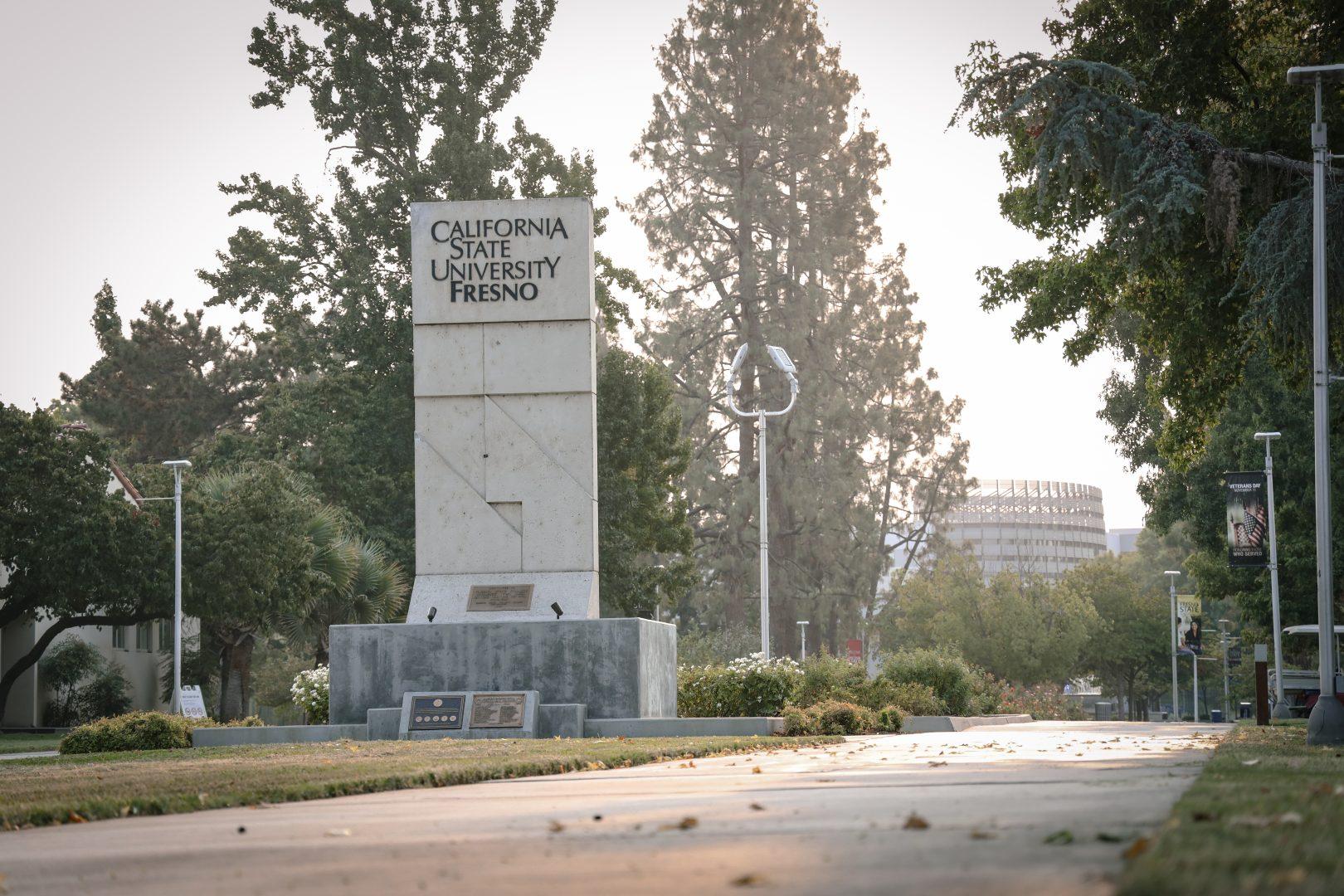Two years ago, a Muslim American student in the Anthropology Department felt marginalized and singled out in her classes, said Anthropology Department Chair Henry Delcore.
This incident sparked conversation throughout faculty in the department on why this incident occurred and how it could even happen.
Although faculty received bystander intervention training, Delcore said it allowed faculty to see that many students are unfamiliar with discrimination and harassment reporting.
Now, effort is being made to improve Discrimination, Harassment and Retaliation (DHR) reporting at the university through multiple listening sessions on campus.
In partnership with faculty and community organizations, attendees gathered inthe Cross-Cultural and Gender Center’s (CCGC) Center Room on Nov. 9 for the semester’s first non-discrimination student listening session.
About nine campus members were in attendance to discuss personal experiences with these issues at Fresno State.
“We want to hear people’s experiences whether with actual incidents of discrimination or harassment, or their experiences with reporting those kinds of things, but also including the general climate on campus,” Delcore said.
Everything shared at the sessions is confidential.
Delcore, along with Omar Altamimi, policy and advocacy coordinator for the Council on American-Islamic Relations (CAIR), helped lead the listening session. Cassandra Hanlin, the current deputy Title IX coordinator, also attended.
Attendees discussed questions regarding how they feel about the current DHR reporting process at Fresno State, and their concerns regarding how confident they are in what comes after the reporting process.
Once listening sessions conclude, Delcore said the information obtained from both spring 2022 and fall 2022 will be compiled to “change the way the reporting of these incidents works.”
Other areas such as the website’s language will be looked at to become more user-friendly and less “overly bureaucratic,” he said.
“We’re looking at the reporting form. We’re looking at follow-up procedures and, as we talked about today, [we’re looking at] some of those follow-ups and making them more personalized making them more focused on caring for people,” Delcore said.
An educational campaign is potentially planned for fall 2023 to improve awareness of this process for students, faculty and staff, and to inform them that reporting these incidents is possible, according to Delcore.
Delcore said he is “cautiously hopeful” that some change can come out of these listening sessions, as long as students attend and participate.
“[To make changes] in the way reporting is handled that show people more respect and care, and also improve accountability and transparency. If you want to be part of that process and come to a session,” he said.
The next non-discrimination student listening session is scheduled for Tuesday, Nov. 15 from 4-5:30 pm at the Library in Room 3212. Food will be provided.




